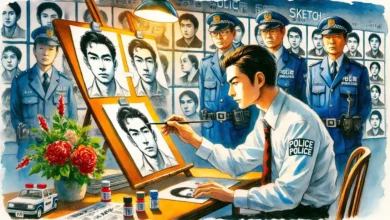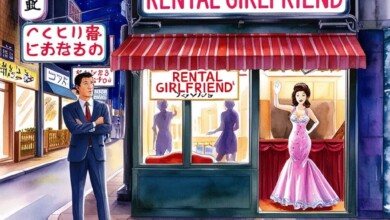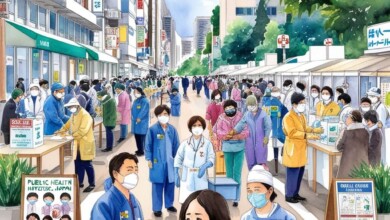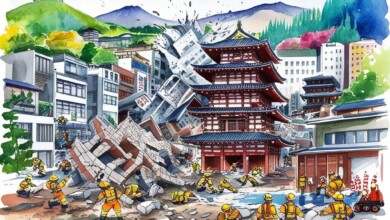Japan Is Giving Away Free Abandoned Homes
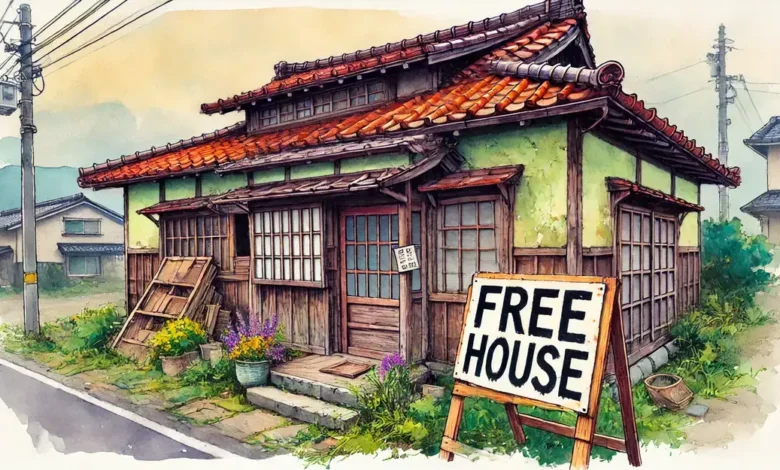
Have you ever dreamed of owning a home in Japan? Now might be your chance, as Japan is giving away free abandoned homes to revitalize rural areas and tackle the issue of vacant properties. This surprising opportunity has attracted attention from both locals and foreigners, eager to take advantage of this unique offer. As Japan is giving away free abandoned homes, it opens doors to new possibilities for those looking to start fresh in the beautiful countryside of this fascinating country.
Free and incredibly inexpensive Japanese dwellings are classified into two groups; free akiya (空き家), or abandoned houses, and local government-driven town development plans. Both basically provide homes for near to nothing but have two significantly unique histories and objectives.

Akiya or ‘vacant homes’
In Japan, there’s a word called “Akiya” which means “empty house”. It’s used for houses that are left alone, not taken care of, and slowly falling apart. If you travel outside the busy parts of Japan’s big cities, you’ll see groups of these akiya. Their roofs look like they might fall in any minute, and their big rooms have been empty for years.
People are starting to worry about all these akiya. In 2013, the government found out that there were over eight million empty houses all over Japan. Almost one out of every five of these houses has been left empty forever. The people who own these houses don’t want to sell them or rent them out.
Causes of Abandoned Properties
There are a few reasons why there are so many empty houses in Japan. First, more and more young people are deciding to not have kids, while older people are living longer than ever before. There are more people who are 65-74 years old (6.6% of the population) than there are kids aged 0-14 (6.5%). So, when older people who own houses pass away, there aren’t enough new families to move into their homes.
Another reason is that people in Japan are often superstitious. They don’t want to live in houses where something sad, like a suicide, murder, or lonely death, has happened. These houses are called “stigmatized” houses. People believe in this so much that there’s even a website called Oshimaland. It lists all the stigmatized houses and what happened in them, so people can avoid them.
Solutions and Incentives
Because of these problems, some towns and people who own houses have to give their houses away for free. They do this to stop the houses from getting ruined by graffiti or becoming homes for wild animals and plants. Some local governments are trying to get people to fix up these empty houses, called akiya. They’re offering rewards to encourage people to make these houses nice again and use them in a way that helps the whole community.
You can find these empty houses on something called an akiya bank. This is a place that lists empty houses that are for sale. There isn’t just one akiya bank, but you can find lists of these houses on websites like inakanoseikatsu.com. Most of these websites are in Japanese, but with a translation program, it’s easy to see that 0円 means $0.
The free housing program at Okutama
If you’re seeking for a new affordable house that takes significantly less maintenance while yet being close to the city excitement, go no farther than Okutama, a village in the western outskirts of the larger Tokyo Metropolis. Okutama hopes to attract young families with their new low-cost rent-to-own housing option. According to REthink Tokyo, the Okutama program requires owners to pay a monthly rent of 50,000 yen (about USD 440), and after 22 years, the property is yours for the grand amount of $116,160, with no mortgage, loans, and a convenient one hour and 45 minutes by train from central Tokyo.
The affordable residences do have a few requirements, such as potential owners being under the age of 43 and having children in junior high school. Larger families are also seen favorably. Unlike akiya houses, these are brand new, ready to move into, and built to last for generations.
As rural Japan battles an aging population and cities contend with densely crowded turmoil, it’s reasonable to expect similar cities to pursue the Okutama approach to foster community development and a less city-centric lifestyle.
Buying outrageously inexpensive real estate is surprisingly common in Japan. Those who want to live out their James Bond remote island ownership fantasies might do so for as little as a few thousand dollars. Entire islands off the coast of Mie Prefecture were on the sale for 22 million yen, which translated to a meager US $207,240 at the time. Saga Island, a series of three islands for sale at the time for 30 million yen or US $94,000 per island, was also on the market.

